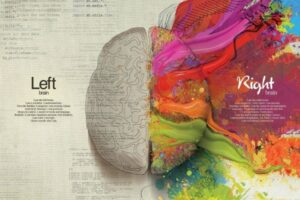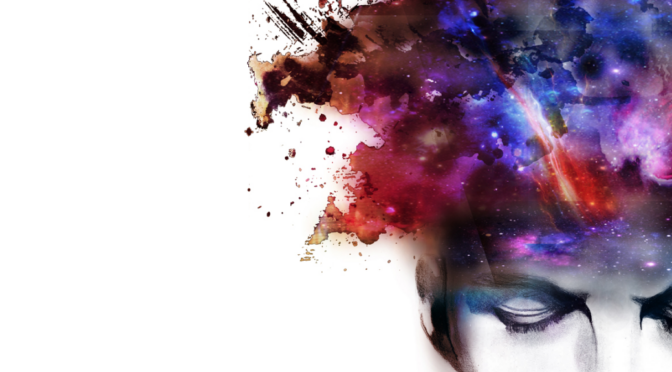A boring day at the office, you lean back on your arm and slowly drift away. Before you know it, you are suddenly in the most exciting, relaxing or fanciful place you could imagine.
Daydreaming, only as wild as your own imagination. Now imagine all of it going dark, pitch black. You are not able to visualize anything in your head. Not the food you ate the day before, not the way to work or the person you love the most in the whole wide world. Thinking of these different concepts is not the problem, picturing or visualizing them on the other hand, is. The eye of your mind is non-existent.
If this is the case for you, chances are you have Aphantasia.
Aphantasia is a condition known to science since 1880. It is estimated that 2-5% of the people are born without the ability to picture things mentally. Many people that were diagnosed with this condition, never realized their mind was blind because their lack of visuals was compensated by logical thinking in concepts or words.
In 2015 Aphantasia was brought to attention by Adam Zeman and his colleagues who led a study at the University of Exeter. He conducted 21 case studies with people who claimed to be unable to create images with their mind.
The majority reported to not be able to produce mind images on demand and some claimed to get involuntary flashes randomly. Most of the people had problems with remembering moments from their past by not being able to link visuals to their memory. On the other hand, they scored significantly higher at tasks like logic, verbal skills and mathematics. Zeman believed this to be compensating behavior.

You might link visualization with creativity, thinking that people who have Aphantasia will not be creative. A study in 2003 concluded otherwise. Apparently the benefit of having mental visualization is surprisingly small, being compensated by other mind senses.
Whether you can picture things or not, it won’t be the reason for a lack of creativity. Creativity on its own defers between people in different ways. Some can be inspired by lines rather than colors, concepts rather than images.
Even though Zeman only studied people who lacked the ability to visualize things with their mind, there are also cases reported of certain people whom are unable to create images, smells, tastes, sounds or touch within their mind. This condition is known as ‘Total Aphantasia’.
 It is hard for people to imagine not being able to see with their minds. As it is hard for non-imaginers to think about thinking in visuals.
It is hard for people to imagine not being able to see with their minds. As it is hard for non-imaginers to think about thinking in visuals.
Compare it to missing a sense, like being born blind or deaf. People with Aphantasia don’t know and never knew otherwise.
This condition is in many ways still a mystery to the world of science and is still being fully examined in different studies. These studies are trying to understand exactly how its possible to not have an imagination.
It seems so deeply embedded in humans that without one, its hard not to wonder where exactly inspiration comes from.
Is it past experiences rather than thinking about future ones? Sensations you feel in the moment rather than memories? If you have this condition, let us know!

